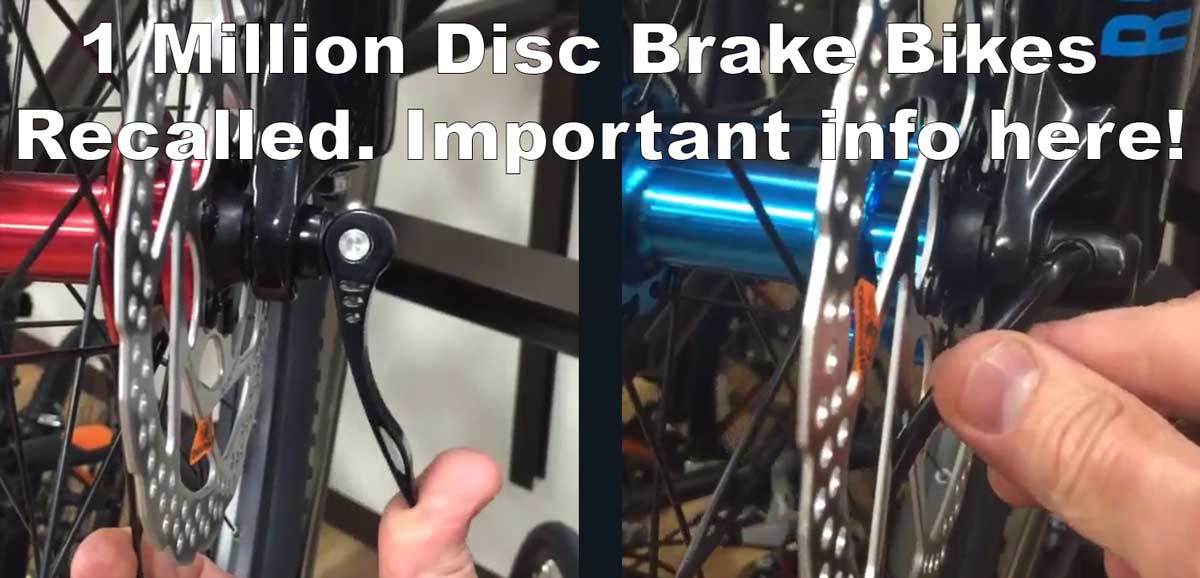
Cruising at 35,000 feet above Arizona? New Mexico? Nearing Texas? Don’t know. I’m supposed to know; this is a flight advertised by United as having wi-fi Internet available, but it appears that the “beta” label they’ve kept on it for the year since introduction is still appropriate. On the way back from the lav I noticed quite a few people attempting to seek refuge from boredom by trying to get on-line. Wouldn’t it be nice of the crew to make an announcement not to bother? Apparently that’s not in the United handbook. So I find myself looking out the window at strange geologic formations and wishing I knew what they were, as well as the now-familiar-everywhere glass fields of solar panels, curiously adjacent to similarly-shaped fields of whatever is grown in an arid environment. Would love to access Google Maps and see exactly what’s down there!
And it is, indeed, arid. Someone traveling through the US for the first time, looking out the windows on this flight, might think we’re one vast desert, nothing green that’s not irrigated, roads at every angle cutting across dirt. In some ways, it resembles a sky map showing contellations, the roads between each little square “something” being the lines between starts, depicting a lion or a sauce pan. I have no idea at all what those squares are; there are thousands of them though. In the 60s & early 70s one might have thought an ICBM complex looked like this.
So why am I flying today?
Because it would take too much time to ride to DC (plus I’d be bored to tears riding through so much desert!). What’s in DC? Bike & business issues. This is as much an advocacy mission for small business as it is for cycling, although the two are, in my opinion, very related. In the past, we’ve pushed for federal spending to create cycling infrastructure and to make the needs of cyclists a part of normal road design, not an afterthought. We’ve done very well, in some ways perhaps too well. We focused on getting our piece of the pie, making sure the tax dollars collected were put to good use. What we missed is the extent to which the local bike shop is, itself, a very important part of that infrastructure. Your local bike shop makes cycling an easy thing to do, by having a local business that’s familiar with the cycling opportunities of the area, which helps to make sure you get the right bike. And of course keep that bike running, taking care of such simple things as flat tires and as complex as modifications for comfort and terrain.
But if your local bike shop goes out of business, perhaps cycling becomes the new golf, an activity with little support at its base but an active high-end elite that can either afford concierge-type service or makes a lifestyle out of learning enough about the bike that they can do everything themselves. You can say people should learn how to do simple things themselves, but how many of us even bother to change the oil in our car anymore? It’s pretty darned simple, but most of us don’t want to deal with that end of things. If we can’t plug in something new and throw something old out, it’s too complicated.
OK, so why might your local bike shop go out of business? For one thing, we’re not an “efficient” use of space. If you’ve been into one of our two stores, you’ll see over 200 bikes on display. In each. With many more in back. And we still don’t have everything people want. Rent is charged by the square foot, and it takes a lot of square footage for all those bikes. And rents in the SF Bay Area are going through the roof, as we compete with the Googles, Facebooks and Apples of the world, with endlessly-deep pockets.
But I can’t spend a lot of thought on things I can’t do anything about. What I can do is work at being as competitive as possible, with much of that coming from sharpening pencils internally, becoming leaner & meaner. Ironically, at the same time customer service needs to be better and better. That’s the internal part. Externally, there remains a huge loophole for sales tax on items purchased on-line from out-of-state vendors. A 9% disadvantage that, on higher-end product, can be pretty significant. We lose frequent sales to people coming in and asking us for advice on what they should get (type of tire, saddle, wheelset just being a few examples) and, while talking with them, they’ll look it up on their iPhone and find somebody on-line who can ship it to them without sales tax. For a while I used to think this sort of thing was an abheration, something done only by terribly-rude people, but Amazon and Ebay have worked their tails off trying to convince people that price is everything, click here and you’ll save the sales tax and have it in two days.
Aside from the fact that I have to charge customers who live in my area the tax and the on-line vendors don’t, there’s another issue- that those sales taxes go to support local services. Fire, police, schools, roads, transit systems, water treatment plants… all the things that make your community livable. Essentially it’s a price paid for enjoying the benefits of living where you do.
So part of what we’re doing in DC (“we” being a number of leaders from the bicycle business, along with some “vocal” local shop owners) is to work with congress to plug the sales tax loopholes. Resistance to doing so comes from many who believe it’s a “new” tax when, in virtually every state, the tax has always been owed, just not collected. And yes, I’m sure I’m not taking a very popular stance with many of my customers!
Beyond that, we’ll be working towards the usual… better infrastructure, but with an eye towards more-efficient infrastructure, making use of what’s already in place. Or keeping it in place, I should say. The local bike shops. If we go away, it might be compared to what happened in Los Angeles, when they tore up the massive light rail transit system back in the late 40s-early 50s. We’re paying an astronical cost putting transit back into Los Angeles today, paying for the mistake many times over. Can you imagine if tax-paying bike shops disappeared, in favor of government-subsidized co-ops?
More to come- (they’re getting ready to close the doors on my flight from Houston to DC)
Mike Jacoubowsky, Partner
Chain Reaction Bicycles
 A few days ago Trek issued perhaps the largest bicycle recall in history, affecting nearly 1 million bikes with disc brakes. I’m going to attempt to summarize the issue here.
A few days ago Trek issued perhaps the largest bicycle recall in history, affecting nearly 1 million bikes with disc brakes. I’m going to attempt to summarize the issue here.